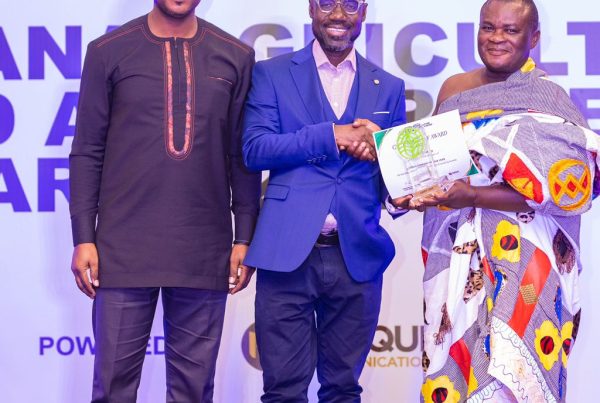“Grit” is the combination of someone’s passion to achieve a goal combined with a tenacious drive to achieve it. Few people exemplify grit more than a tiny American gymnast named Kerri Strug. In the 1996 Olympics, Strug severely damaged her ankle in her landing from the vault. She limped over to her coach and asked him whether the team needed her to complete her second vault in order to win the gold medal. He said yes. And what happened next was breath-taking. She ran full speed toward the vault on a damaged ankle, stuck the landing, saluted the judges, and collapsed to her knees. As a result, the Americans won the gold.
People with grit do not over-estimate the ease or under-estimate the pain they will experience in achieving their goals. They are realistic about the challenges, but not overwhelmed by them. They are motivated by their grand vision, but don’t expect it to be realized without sacrifice. This is grit. And grit is what it takes to find the opportunity in every challenge.
There is something called the Stockdale paradox that describes this idea perfectly. The Stockdale paradox refers to Admiral Jim Stockdale, who was the highest ranking United States military officer in the “Hanoi Hilton” prisoner-of-war (POW) camp during the height of the Vietnam War. He was tortured over 20 times during his eight-year imprisonment from 1965 to 1973. In Jim Collins’ book “Good to Great”, he quotes Stockdale saying: “You must never confuse faith that you will prevail in the end – which you can never afford to lose – with the discipline to confront the most brutal facts of your current reality, whatever they might be.”
This is the paradox. Faith that you will prevail cannot be confused with the brutal facts of your reality. Faith without confronting those facts is unbridled optimism and it’s dangerous. Stockdale describes many of his fellow POWs in Vietnam whose unbridled optimism broke them once the brutal facts became too hard to ignore.
Unbridled optimism is equally dangerous in business. Let me give you some examples.
“The majority of us tend to think we’re above average in a lot of ways,” writes Amy Morin in Forbes magazine (Mar. 11, 2015). “Countless research studies show our tendency to think we’re smarter, more popular, healthier, and even better drivers than those around us. Despite the fact that it’s statistically impossible for 80% of us to be above average, the vast majority of people insist they belong in the top percentile of many activities.”
“While self-confidence is enormously important in many aspects of business, exaggerating your skills isn’t helpful. Thinking, “I’m a great presenter,” or “My leadership skills are superior,” may actually serve as a disadvantage if your overly inflated sense of self isn’t realistic.”
She also describes a phenomenon that she calls the “this will be easy” mindset. “An overly optimistic outlook can cross over into arrogance if you’re not careful. Making assumptions such as, “I could quit smoking cold turkey tomorrow if I wanted to,” or “I don’t need to prepare for that presentation because I already know the material,” can have disastrous consequences.”
At the same time, there is a danger in pessimism as well.
Bert Jacobs, the founder of Life Is Good clothing company, writes in Inc. magazine (Aug. 11, 2014): “Pessimistic leaders focus on obstacles. They make lists of reasons ideas won’t work. They waste resources worrying. Pessimism is unattractive. It is a turn-off to employees and team members. Pessimism is corrosive. Pessimistic leaders drive cultures that fear failure. Pessimism causes close-mindedness, which shuts down creativity and eventually kills businesses.”
“The pessimist complains about the wind; the optimist expects it to change; the realist adjusts the sails.”
― William Arthur Ward
So how do we get the balance right?
Too many people confuse optimism with magical thinking, and pessimism with realism. If you have a vision for a bright future but no plan to get there or no appreciation for how hard it will be, you are thinking magically and you are hurting the company right now. If you understand full well how hard it will be but cannot inspire people to perform better than they think they can, you are a pessimist and you are hurting the company right now.
What Esoko needs are people who believe in our vision to improve the lives of the poor through innovation, understand how hard it is to get there, choose to roll up their sleeves, and don’t give up at the first sign of trouble. If you can do that, you share in the value of finding an opportunity in every challenge and Esoko will be so much better for it.


